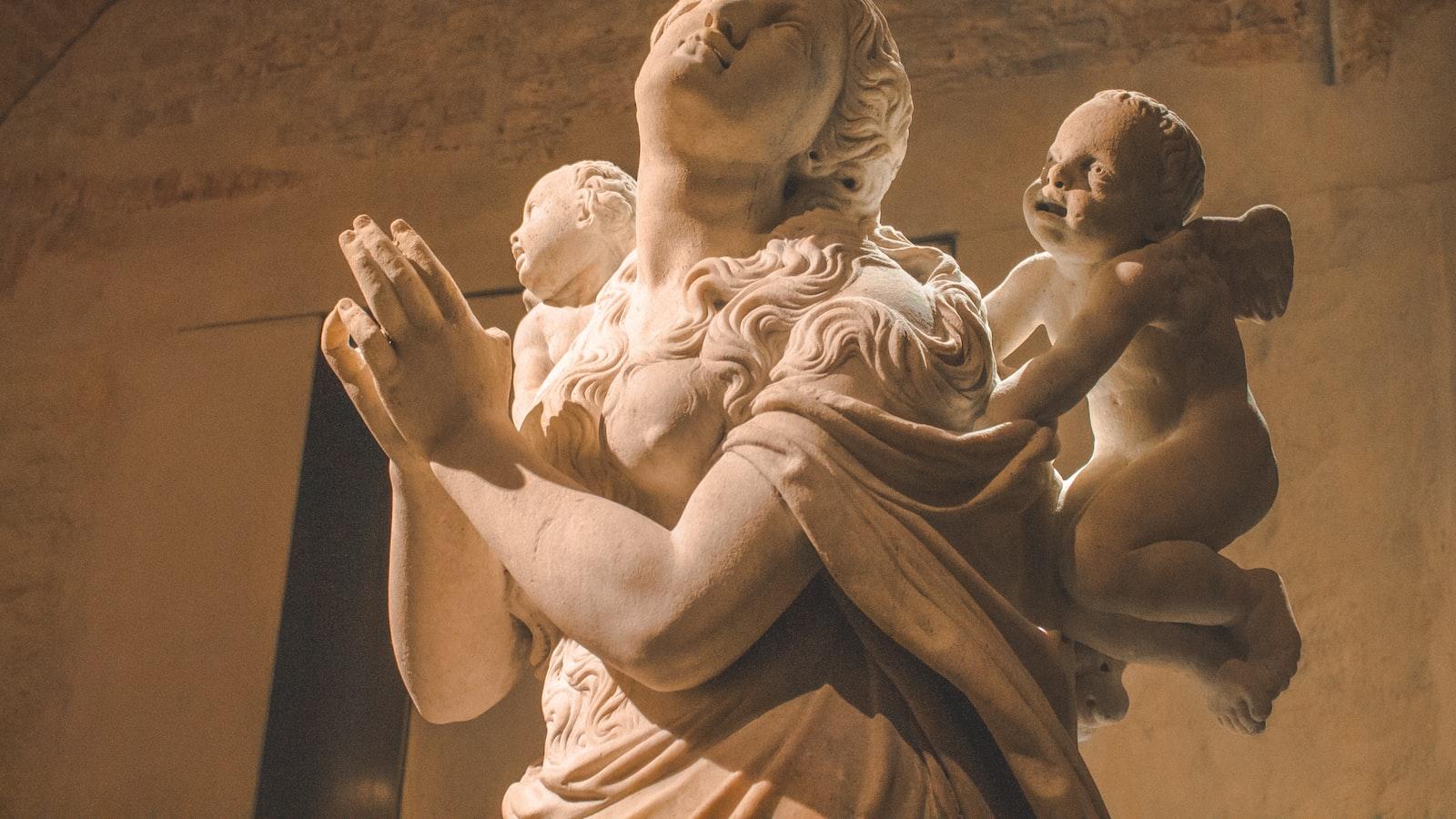Hey there! Ever wondered about the biblical meaning of 36? Well, you’re in the right place! In this article, we’ll delve into the fascinating world of biblical numerology and uncover the significance hidden behind the number 36. So, let’s dig in and explore this intriguing subject that ties together faith and numbers in the most captivating way.
The Significance of the Biblical Number 36
Have you ever wondered about the significance of numbers in the Bible? Numbers carry a deep meaning and symbolism in biblical texts, often providing insights into the divine message. Today, we will explore the fascinating biblical meaning of the number 36 and the profound significance it holds in scripture.
The Number 36 in the Bible
In the Bible, the number 36 is mentioned multiple times and carries special symbolism. Let’s delve into some of the most notable instances:
- Duration of Marriage: According to Jewish tradition, a wedding ceremony marks the union of two souls. The number 36 is associated with the divine blessing of a long and prosperous marriage. It is believed that all marriages which endure for thirty-six years or more are truly blessed by God, representing a union of souls that withstands the test of time.
- The Tribes of Israel: The Old Testament mentions that the Israelites were organized into twelve tribes, with three tribes on each side of the holy Tent of Meeting. When we multiply 3 by 12, we obtain the number 36, representing the unity and harmony of God’s chosen people. This numerical pattern emphasizes the importance of mutual support and cooperation among believers.
Furthermore, the number 36 shares a deeper connection with the Hebrew language:
- Numerical Value: In Hebrew, each letter of the alphabet has a numerical value. Interestingly, the Hebrew equivalent of 36 is expressed by the letters ל”ו (lamed vav). These two letters signify divine support and protection, reinforcing the idea that those who live a righteous life will find refuge and strength in God.
- The “Lamed Vavniks”: According to Kabbalistic teachings, there are always thirty-six righteous individuals, known as the “Lamed Vavniks,” living in the world at any given time. These humble individuals, unknown to society, are said to carry the burden of humanity’s sins, acting as channels for divine mercy. It is believed that their presence sustains the world and prevents its destruction.

– Understanding the Symbolism and Hidden Meanings
Understanding the Symbolism and Hidden Meanings
Biblical numerology has long fascinated scholars and enthusiasts alike, as numbers in the Bible are believed to carry significant symbolism and hidden meanings. One such number that holds immense importance is 36. So, what is the biblical meaning of 36?
1. **Divine Protection**: In the Bible, the number 36 is often associated with divine protection. It signifies God’s watchful care over His people, shielding them from harm and evil. This number serves as a reminder that no matter the challenges and trials we face, we can find solace in God’s unwavering protection.
2. **Completeness**: 36 is made up of the product of 6 and 6, thus representing completeness. It signifies a cycle of completion and the fulfillment of God’s promises. Each repetition of the number 6 adds to its significance, emphasizing the fullness and wholeness of God’s plans and designs.
3. **Messiah’s Identity**: In Hebrew gematria, a system where each letter is assigned a numerical value, the name of the Messiah, “Yeshua,” adds up to 364. Interestingly, adding the number one to this total yields the value of 365, symbolizing the Messiah’s eternal presence throughout the year. It is a reminder of the Messiah’s crucial role in our lives and the ongoing salvation He offers.
4. **Hebrew Alphabets and the Torah**: The Hebrew language consists of 22 letters, and when one multiplies these letters by the value of each alphabet, it sums up to 36 times 22, or 792. This total resembles the number of chapters in the five books of the Torah, demonstrating the divine connection between the Hebrew alphabets and the sacred text.
| Symbolism | Meaning |
|---|---|
| Divine Protection | The number represents God’s watchful care and shield from harm. |
| Completeness | Refers to a cycle of completion and fulfillment of God’s promises. |
| Messiah’s Identity | Symbolizes the eternal presence of the Messiah throughout the year. |
| Hebrew Alphabets and the Torah | Signifies the divine connection between the Hebrew letters and the sacred text. |

– Exploring Uncommon Insight into the Number 36
When delving into the biblical meaning of the number 36, a wealth of uncommon insights emerges. In biblical numerology, the number 36 is often associated with the idea of spiritual abundance and illumination. Let’s explore some intriguing aspects of this number:
The Symbolism of 36 in the Bible
1. Divine protection: The biblical number 36 is believed to signify divine protection. In Genesis 15:1, God promises Abraham to be his shield and his great reward. In a similar vein, the number 36 embodies the encompassing shield of divine guardianship and assurance.
2. The importance of righteousness: In the book of Numbers, chapter 36, verse 6, the divine commandment is given to preserve the inheritance within a specific tribe. This emphasizes the significance of righteousness and obedience to God’s laws, which resonate with the essence of the number 36.
Implications and Interpretations
1. Spiritual enlightenment: The number 36 is believed to serve as a gateway to higher spiritual knowledge. It encourages individuals to seek deeper truths and broaden their spiritual horizons.
2. Healing and restoration: A profound connection can be explored between the number 36 and the process of healing and restoration. The 36th chapter of Ezekiel, for example, portrays a vision of the restoration of the desolate land of Israel, symbolizing the potential for renewal and overcoming adversity.
Exploring Numerical Patterns
The significance of 36 can be further understood by examining its numerical patterns:
| Pattern | Meaning |
|---|---|
| 3 + 6 | 9 |
| 3 x 6 | 18 |
| 36 squared | 1296 |
The number 9 represents spiritual completion and is associated with divine wisdom. Multiplying 3 by 6 results in 18, which is associated with the Hebrew word ‘chai,’ meaning “life” or “living.” Lastly, squaring 36 yields 1296, a number that signifies abundance, blessings, and harmony.
In conclusion, exploring the uncommon insights into the biblical meaning of 36 reveals its connection to divine protection, righteousness, spiritual enlightenment, and healing. Understanding the numerical patterns associated with this number allows for a deeper appreciation of its significance in biblical numerology.

– Discovering the Surprising Connections in the Bible
When it comes to the Bible, its countless stories and passages have captivated readers for centuries, revealing a rich tapestry of wisdom and divine guidance. One intriguing aspect that often goes unnoticed is the symbolic meaning behind specific numbers mentioned throughout this sacred text. Today, we delve into the biblical meaning of the number 36, uncovering its unexpected connections with faith, redemption, and divine grace.
In biblical numerology, the number 36 represents purity and the act of redemption. This number is prominently associated with the concept of repentance and the restoration of one’s spiritual life. It serves as a reminder that through sincere remorse and a genuine desire for change, individuals can be cleansed and renewed in the eyes of God.
Additionally, the number 36 is believed to be connected to divine intervention and protection. In Hebrew numerology, the value of the word “Nun,” which means “fish,” is 50, and “Hei,” which signifies “window,” has a value of 5. When combining these two numbers, we arrive at 55, which can be reduced to 5+5=10, a number symbolizing God’s judgment.
Furthermore, 36 also holds significance in the Bible through its connection to holiness. It is said to represent the 36 “Tzadikim Nistarim,” meaning “hidden righteous ones.” These righteous individuals are believed to exist in every generation, dedicating their lives to acts of kindness and serving as the spiritual foundation for humanity.
